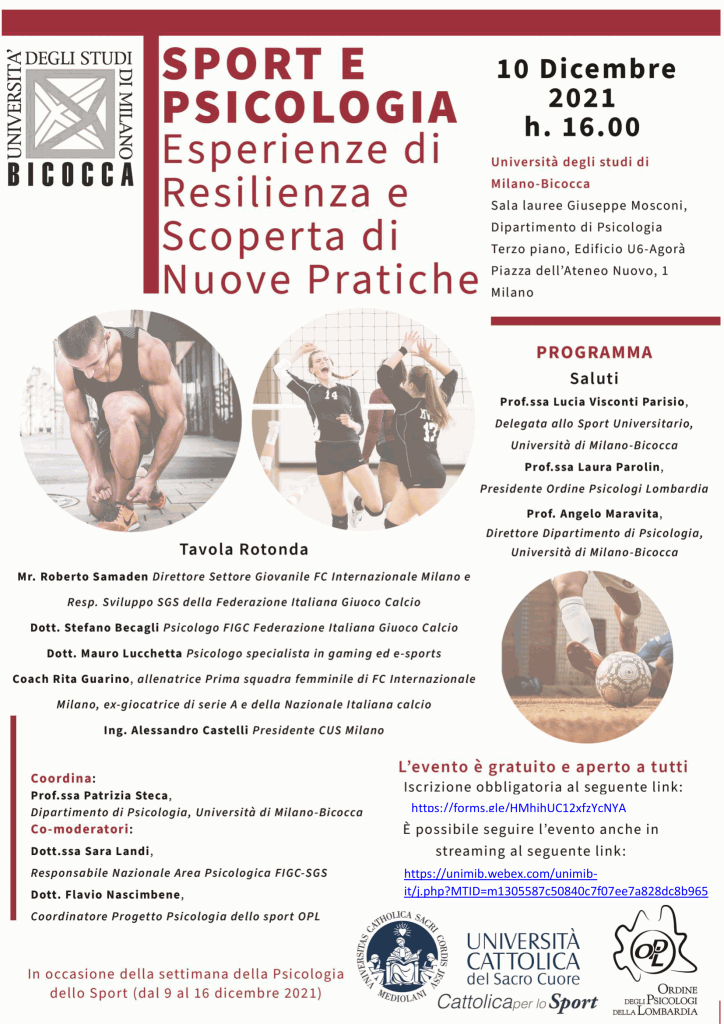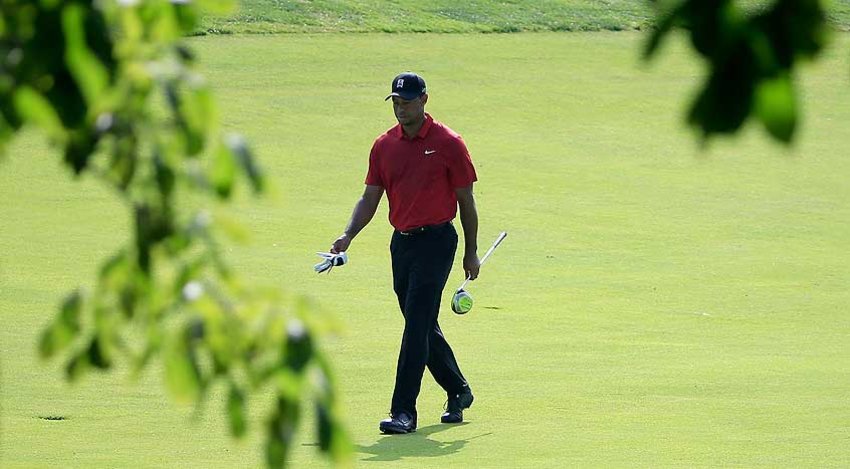Anxiety is often perceived as a negative emotion, but in certain contexts, it can contribute to personal growth and resilience. Here are some ways in which anxiety might be related to resilience:
- Heightened awareness of danger: Anxiety can make a person more aware and attentive to potential dangers. This heightened state of alertness can be useful in situations where quick reactions and adaptation to new circumstances are necessary.
- Performance enhancement: In some situations, a moderate level of anxiety can improve performance. Anxiety can serve as a stimulus for facing challenges and tasks, pushing individuals to give their best to overcome difficulties.
- Development of coping strategies: The experience of anxiety can lead people to develop more effective coping strategies. These strategies may include learning stress management techniques, enhancing problem-solving skills, and adopting more positive attitudes in the face of challenges.
- Increased emotional awareness: Anxiety can make individuals more aware of their emotions and stressful situations. This awareness can be a crucial step toward emotional management and building resilience.
- Enhanced adaptability: Anxiety may be associated with experiences of uncertainty. Through managing such situations, people can develop greater flexibility and adaptability, which are key aspects of resilience.
However, it’s important to note that not everyone responds to anxiety in the same way, and excessive anxiety can have negative effects on mental and physical health. The key is to find a healthy balance and learn to manage anxiety constructively. Seeking help from mental health professionals can be valuable in developing appropriate coping strategies and improving resilience.







